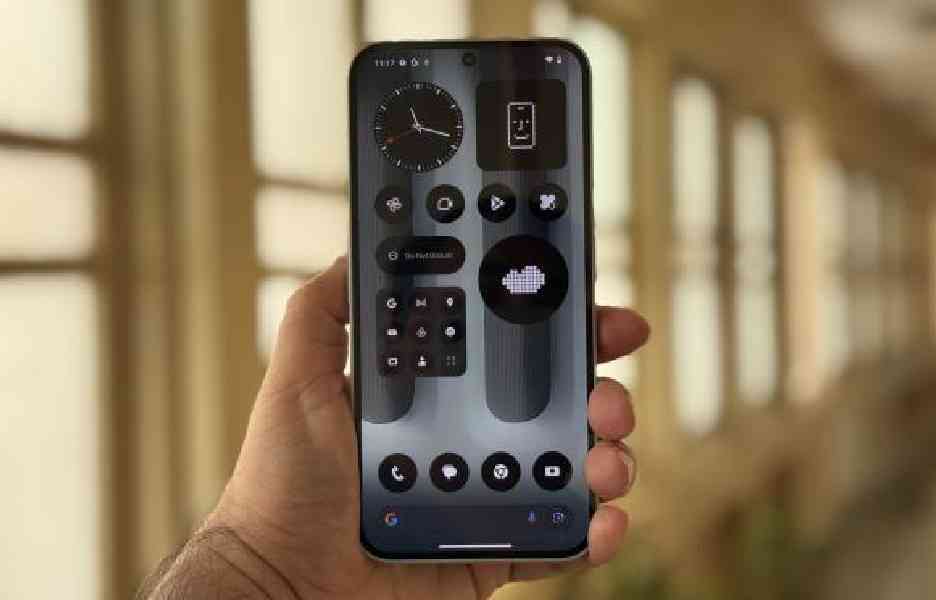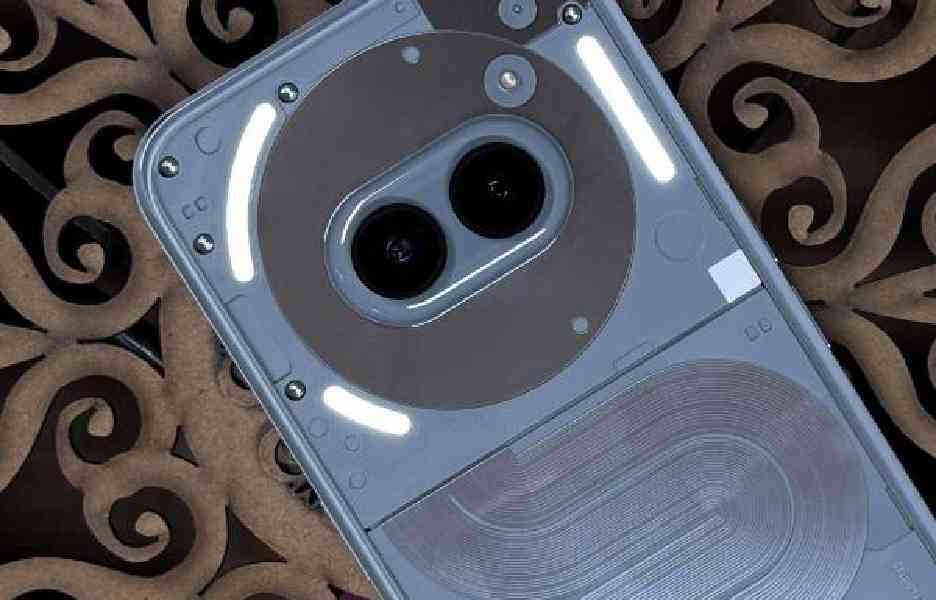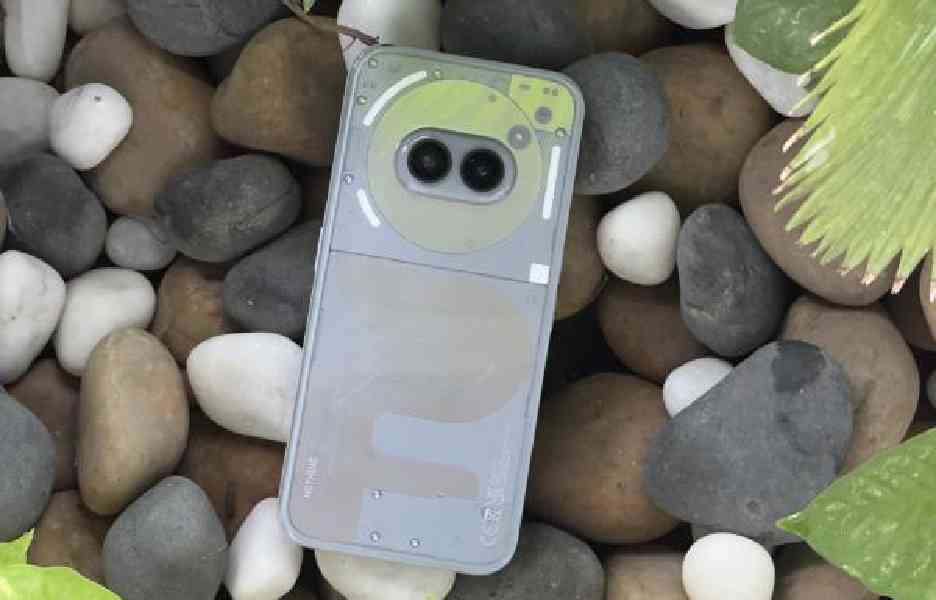Many are using the Nothing Phone (2) and then came Phone (2a), the affordable version of the device, winning hearts for its balance of hardware and software features. But now we have the Phone (2a) Plus. What is “plus” about the phone?
Clean design
In simple terms, it’s slightly more refined than Phone (2a) as it comes with a different processor and a few tweaks. The glyph lighting is restricted to the top half, like on the Phone (2a), which helps cut down costs when you bring into the picture Phone (2). The phone has a 6.7-inch AMOLED display with Corning Gorilla Glass 5 on the front, there is IP54 rating and it’s fantastic to hold. Needless to say, the FHD+ display offers accurate colour reproduction of 1.07 billion colours, supports 120Hz refresh rate, there is 1,300 nits of peak brightness and HDR10+ certification.
A few updates

The interface is free of bloatware
What are the upgrades? First, the chipset. This time you get MediaTek Dimensity 7350 Pro 5G and ARM Mali-G610 MC4 GPU. It will offer a slightly improved performance than the Phone (2a). The chipset is paired with either 8GB + 256 GB or 12 GB + 256 GB (RAM+processor). No doubt, it’s a more powerful chipset and in everyday tasks, there is no sluggish feeling and gaming is a modestly good affair. Also, the new chip offers some kind of future-proofing.
Keeping the phone alive is a 5,000mAh battery that supports 50W charging speeds and in around 60 minutes you can get a full charge. Unfortunately, there is no wireless charging, which I expected to be one of the “pluses” in the “plus” model.
Coming to the camera, there is a 50MP main camera and a 50MP ultra-wide while the front snapper too is 50MP. The cameras on Nothing phones are getting better in leaps and bounds. The engineering team has done a good job and even night photography performance is quite good. Sadly, video is restricted to 40K@30fps (both on the main as well as the front camera). Looking at the texture in different photos, there is more depth in the new camera setup, perhaps it’s just better tuned. The difference between (2a) and (2a) Plus lies in the front camera.
No compromise in the software department
The winning point for Nothing has become its software experience. No matter the price, Nothing is not adding any bloatware and there are no compromises. It feels as smooth as working on a Pixel phone. There are plenty of widgets and a number of customisations. This is a fun phone to have. There is some level of AI implementation, like in the wallpaper section. Even though you have a mid-tier chipset, all the AI features function smoothly.
Coming with Android 14 out of the box, the phone offers three years of software updates and four years of security updates.
Should you buy it?

The Phone (2a) Plus has the same 6.7-inch OLED screen on the front to go with the same flashing glyph interface on the back
The phone is coming close on the heels of Phone (2a). Nothing should have released the Plus model a few weeks later. Second, the “pluses” are restricted to slight bumps in specs compared to (2a). If you are planning to purchase a mid-range phone, this is an excellent option. But if you have already bought the (2a) then hang on. Except for this one quibble, Nothing continues to redefine the software experience on Android phones and Phone (2a) Plus pushes the boundary.
At a glance
Device: Nothing Phone (2a) Plus
Price: Upwards of ₹27,999
High notes
Excellent software experience
Has out-of-the-box design elements
Well-tuned camera
Muffled notes
Incremental upgrades
No wireless charging on a “plus” model










